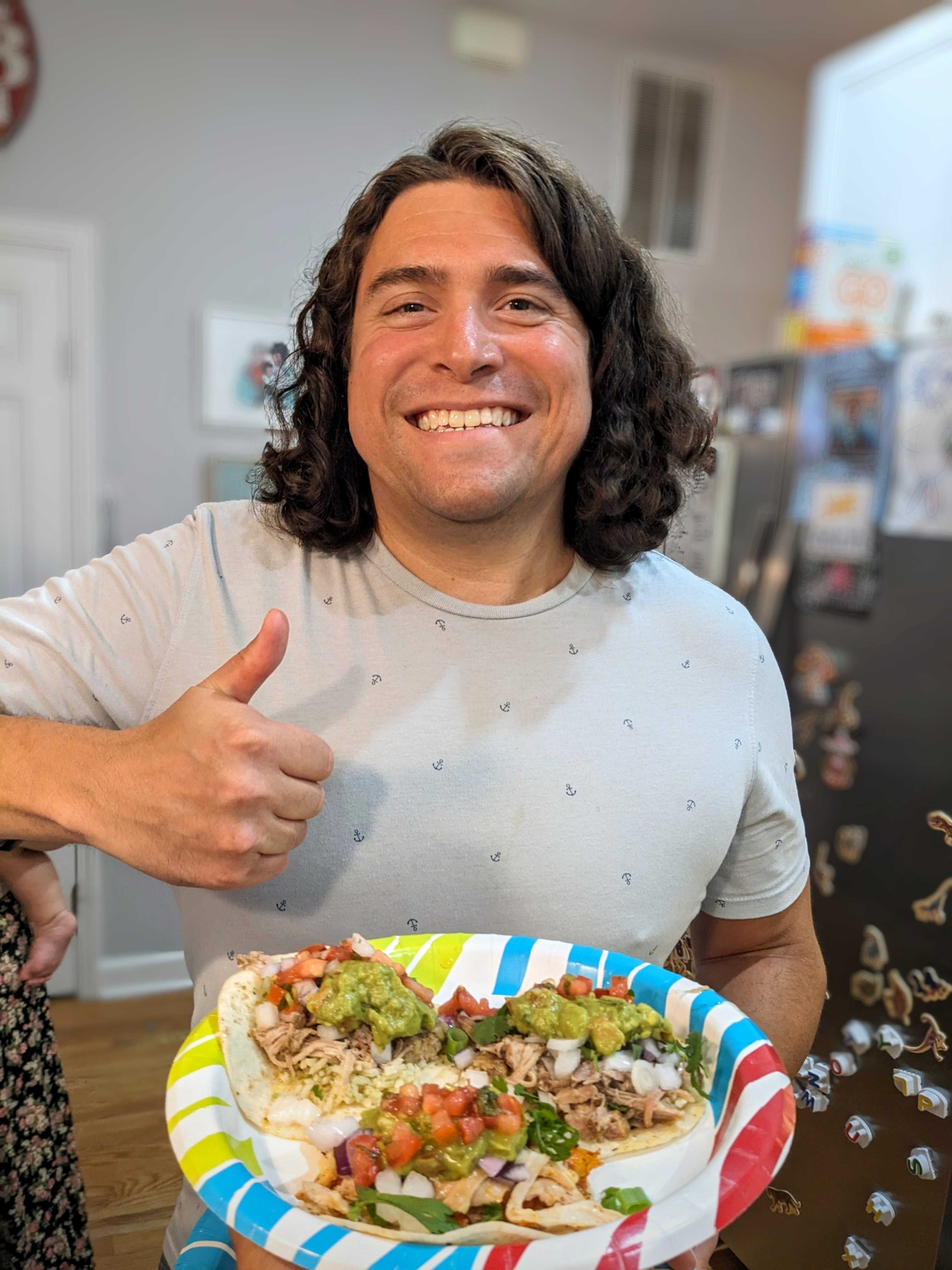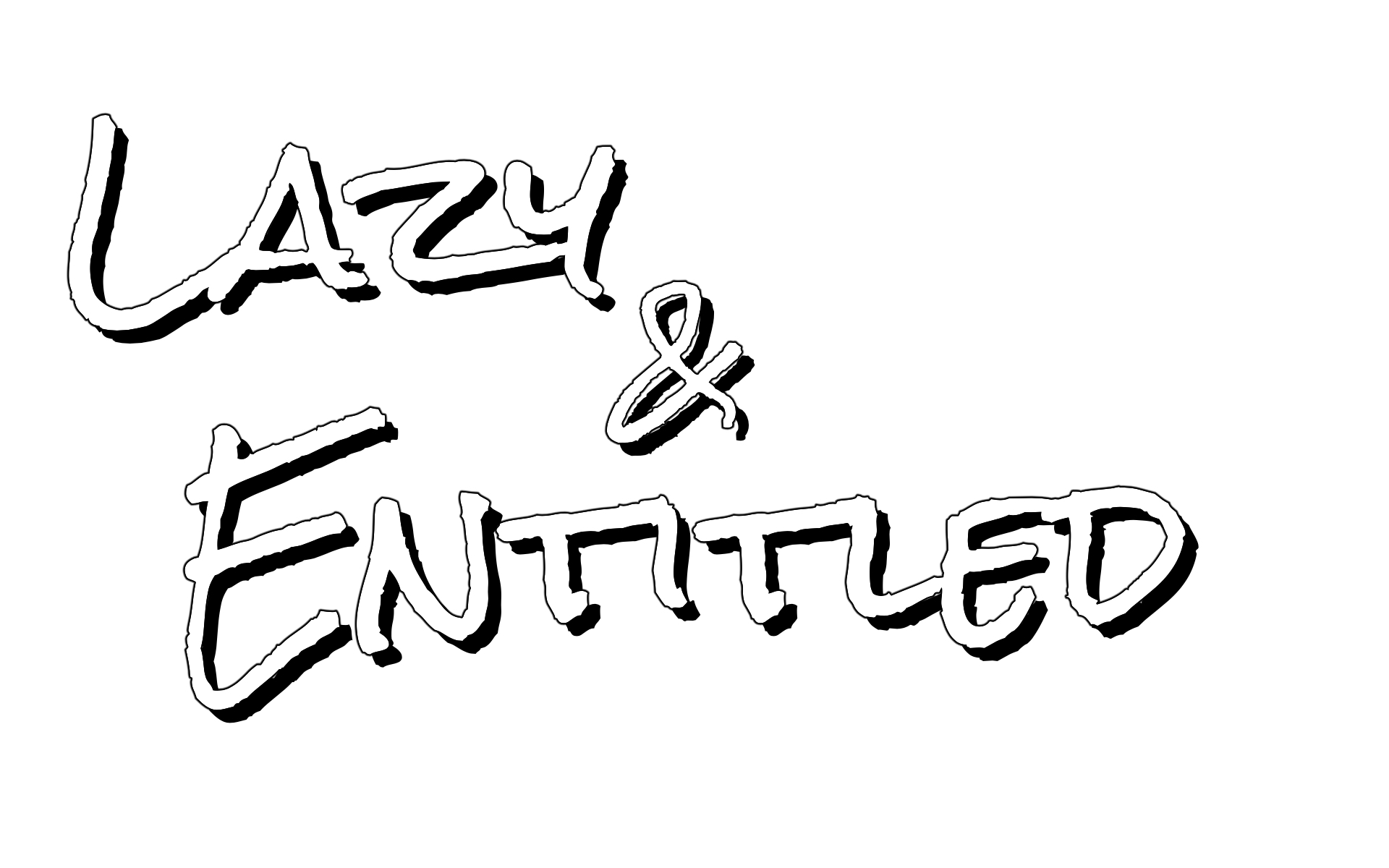“Writing is part of my life; cooking is part of my life” – Maya Angelou, interviewed by Claudia Tate, ‘Black Women Writers At Work’
Nazis unwelcome: here’s my post about moving this blog off of Substack soon. I might put this stinger on every post until then to try to irritate Nazi Sympathizer Hamish McKenzie. I might forget/get bored and stop. Not today though!
BONUS SECOND INTRO NOTICE: I am currently at AWP! Please say hello if you would like, I would be stoked to talk to you. I am not scheduled to do anything, so if you have any open reading slots, holler. I’m not really on Twitter but I check DMs there, same with Discord (I’m @chriscorlew). Hope to see you in KC!
Bonus second epigraphs: “We would go to a tavern and just start reciting our poetry.” Gwendolyn Brooks
“I’m trying to create new forms…I’m trying to write the kind of poem that could be presented in a tavern atmosphere—on a street corner.” – Gwendolyn Brooks
“In fact, a lot of suburban white women hate ‘The Lovers Of The Poor’ to this day.” – Gwendolyn Brooks
“I don’t want people running around saying Gwen Brooks’s work is intellectual.” – Gwendolyn Brooks
Yeah. She’s real cool.
What I’ve Been Reading This Week: Two books I’ve had my eye on for a while. One a re-read, one a first-read of a reprint. I didn’t get exactly what I expected (I don’t know exactly what I expected) out of either, but thoroughly enjoyed both. Both oddly inviting reads—how much I’d recommend these to non-writers, I can’t say, but if you’re into what these books are doing, there’s a comfort to them. I’m talking, of course, about Black Women Writers At Work edited by Claudia Tate and Sleeping With The Dictionary by Harryette Mullen.

Black Women Writers At Work edited by Claudia Tate: all of these writers are basically my grandparents’ age, which was odd to think about. I’ve talked here and elsewhere before about being interested in domestic writing, seeing as my life swirls around pots, pans, and school pickup lines. What I found was less “white men write this, Black women write that” (which only a truly knuckle-dragging mouth-breather would expect) and more “oh wow, I totally relate to this aspect of the writing life” or “oh wow, I certainly hope that aspect of the writing life doesn’t happen to me!” One thing I never felt was alienated because someone was quoting too much theory or saying something esoteric about Andrew Marvell or whomever or totally losing the plot in some other intellectual dick-measuring contest. Andrew Marvell’s maybe the worst poet in the history of the English language. Less about him and the more said about 1) finding time to write after doing the dishes 2) finding time to write and your teenage kid is old enough to leave you to it or 3) finding time to write after quietly seething because you men colleagues make double the salary.
Two funny things: 1) the interviews I liked best were by writers whose work I was pretty familiar with: Maya Angelou, Gwendolyn Brooks, Toni Morrison, Sonia Sanchez. Everyone else, who I’m either sort of familiar with or not at all familiar with, was still a good interview, but didn’t hit quite as hard. Is that familiarity with the work, or that those do writers do things I also want to do? 2) midway through the interview, I realized Beloved did not exist in the world of this book.
Sleeping With the Dictionary by Harryette Mullen: this is from 2002, I first read it in 2004. It’s a great book poetry that I like to keep around to remind me of what the medium can do. This book is better than homework or vegetables—these poems sing and dance. These poems turn language until you hear a funny noise and wonder if language broke and you won’t be getting your security deposit back. They are not only experimental language game poems, though, there is still a Black woman in her 40s writing these poems. As such, you get some (endearingly) corny jokes, some cringe rhymes, some stuff that worked better in 2002—but any poem that didn’t quite play my bones like xylophones, I kinda wondered if I’d feel totally differently having heard that poem out loud.
The final word on this book is that it proves language games and experimental sound-making can exist right alongside poems that are personal or poems that address politics. You never have to be just a language poet doing n+7 on otherwise normie narratives, and you never have to be just an issues poet who does Very Serious Work. You just have to love words enough that you wanna threesome Roget’s and the AHD.
LINKS!
Something to listen to while you browse? You might be wondering why I left Wes Montgomery off of Wednesday’s list. Wes is great, don’t get me wrong. Just 1) slightly obvious 2) he had some stinkers—like inventing and popularizing smooth jazz. I get dude was broke. But some sins. Anyway, Smokin’ At The Half Note is real good.
Absolutely loved this quickly unsettling story, “A Memory of Biting” by Jack Klausner, published in hex.
Wednesday we talked about Black guitarists. Here’s Kira Reinke in Barneby’s with 14 Black artists who changed history.
Dmitry Samarov in Chicago Reader about an exhibit at Cleve Carney Museum of Art on Chicago painters Gwendolyn Zabicki, Karen Perl, and Emily Rapport. “Chicago is one of the more visually dazzling yet least painted of major cities,” Dmitry begins, and these three painters all have a vision up to the task.
In my opinion, John Cage’s entire body of work would be better if it were the subject of a Jorge Luis Borges story. You know John Cage, he’s the 4’33” guy. He wrote another piece, ORGAN2/ASLSP (As Slow as Possible), which, by the time it finishes, will have played for 639 years in a church at the foot of some mountains in Germany. Borges isn’t around to write about it, so Barry Petchesky blogged about it at Defector, which is the next-best thing. A pull quote, since Defector is subscription-based (but worth it!): “Perhaps a descendant of mine will witness the completion of this piece, or at least blog about it. Perhaps society will survive that long, in a form recognizable enough to maintain this performance without interruption. Wouldn’t that be something? Forcing us to think on these scales, and offering hope that humanity can finish what we start, is the goal of many a project along these lines…”
I don’t understand why you would keep six offices if you won’t answer the phone. And I don’t understand why you would become a senator if you don’t want to hear from your constituents (hahahaha jk I totally understand why). But still, it’s slimeball behavior. Excellent piece here by Katie Prout (with assists from organizers Humaira Basith and Hatem Abudayyeh) in Chicago Reader about the impossibility of getting Sen. Tammy Duckworth on the phone—as consituent or journalist—since October 7th.
What’re you still doing here? Come say hi at AWP! This is what I look like when I’m holding tacos!

If you work in the service industry, may you clean up in tips this weekend. Special shoutout to anyone selling pizza, hot dogs, McDonald’s, or ice cream in Kansas City this weekend—thanks for taking care of my kid while I go to poetry readings.
Sorry you got an email,
Chris
